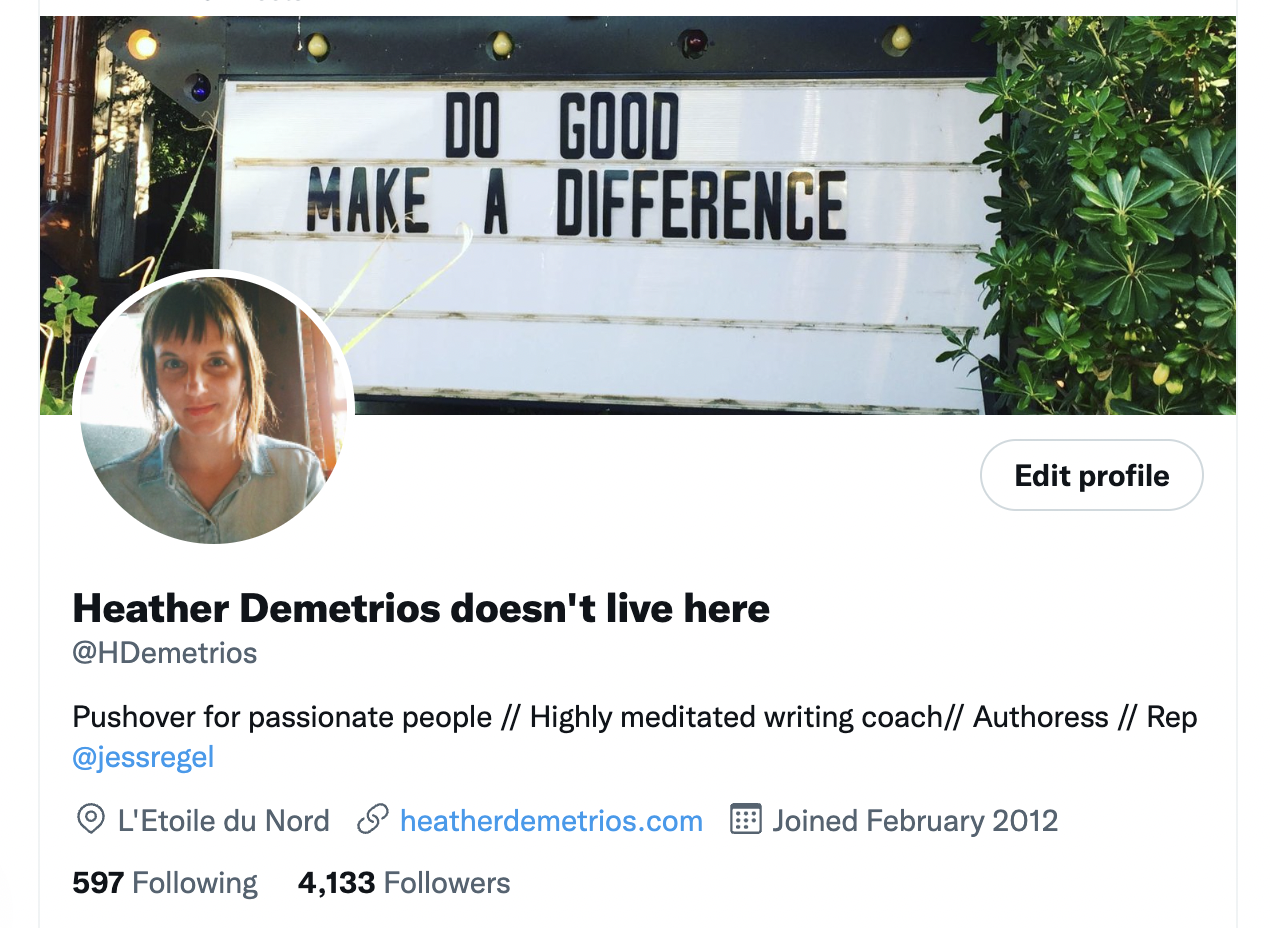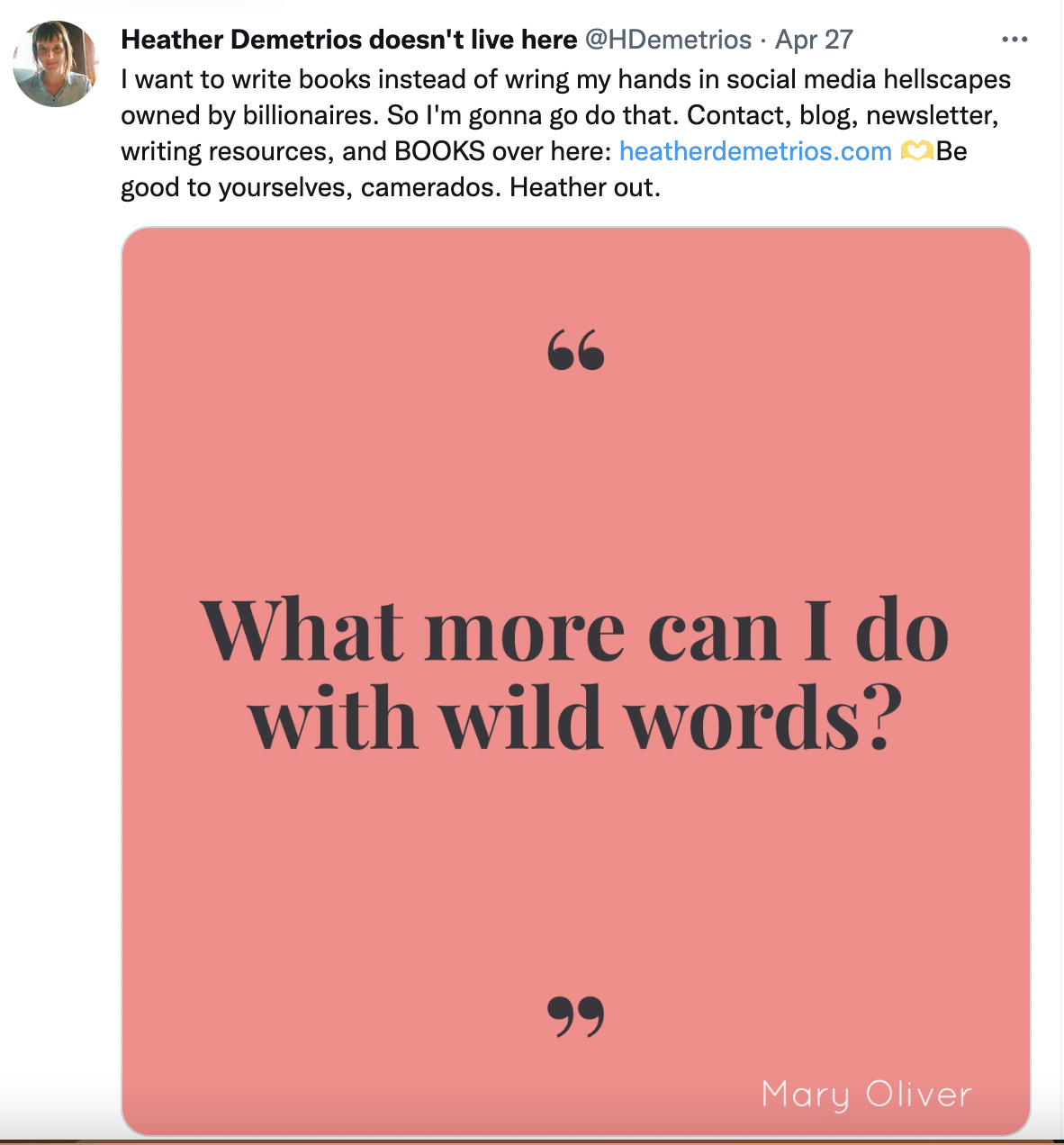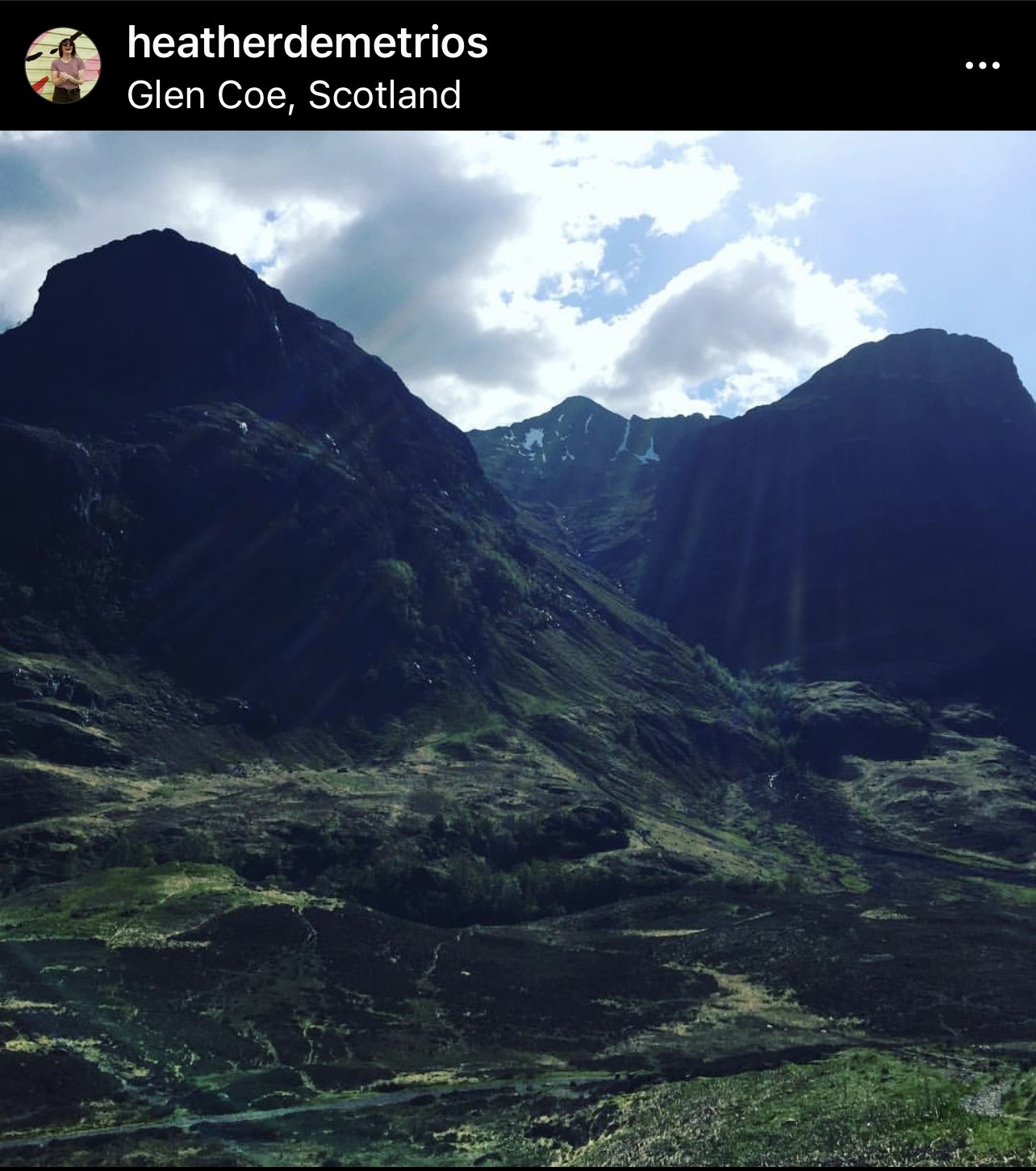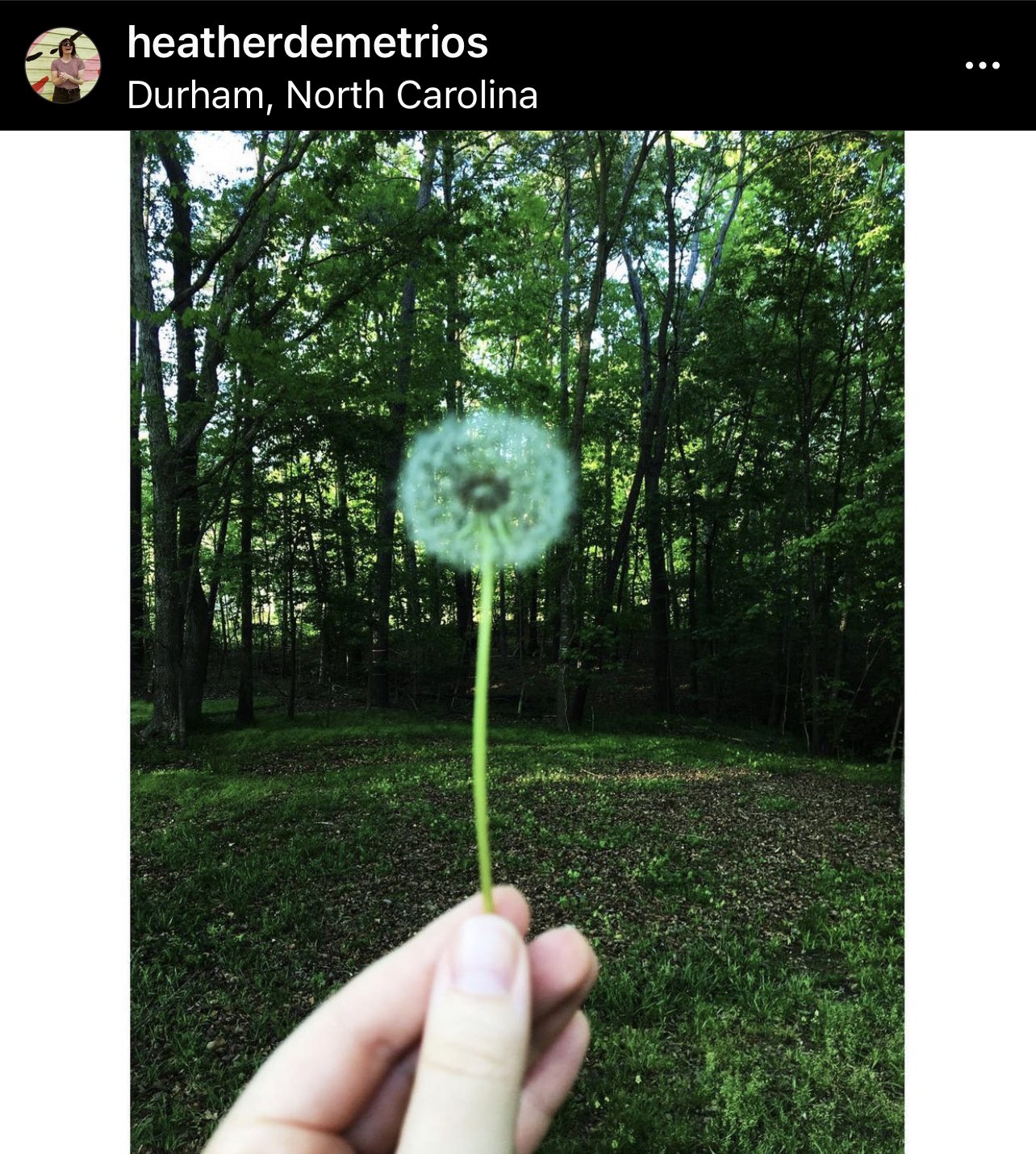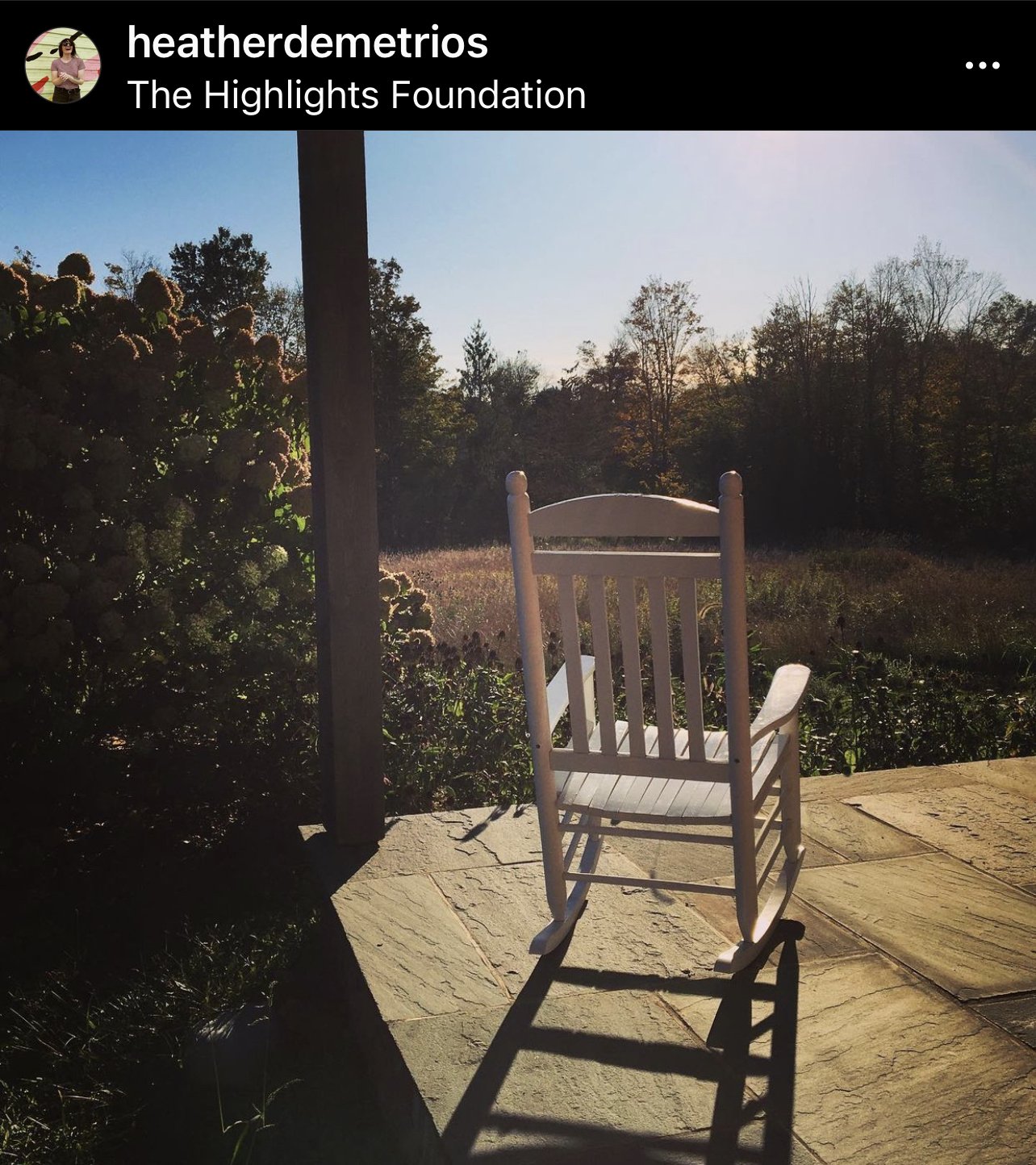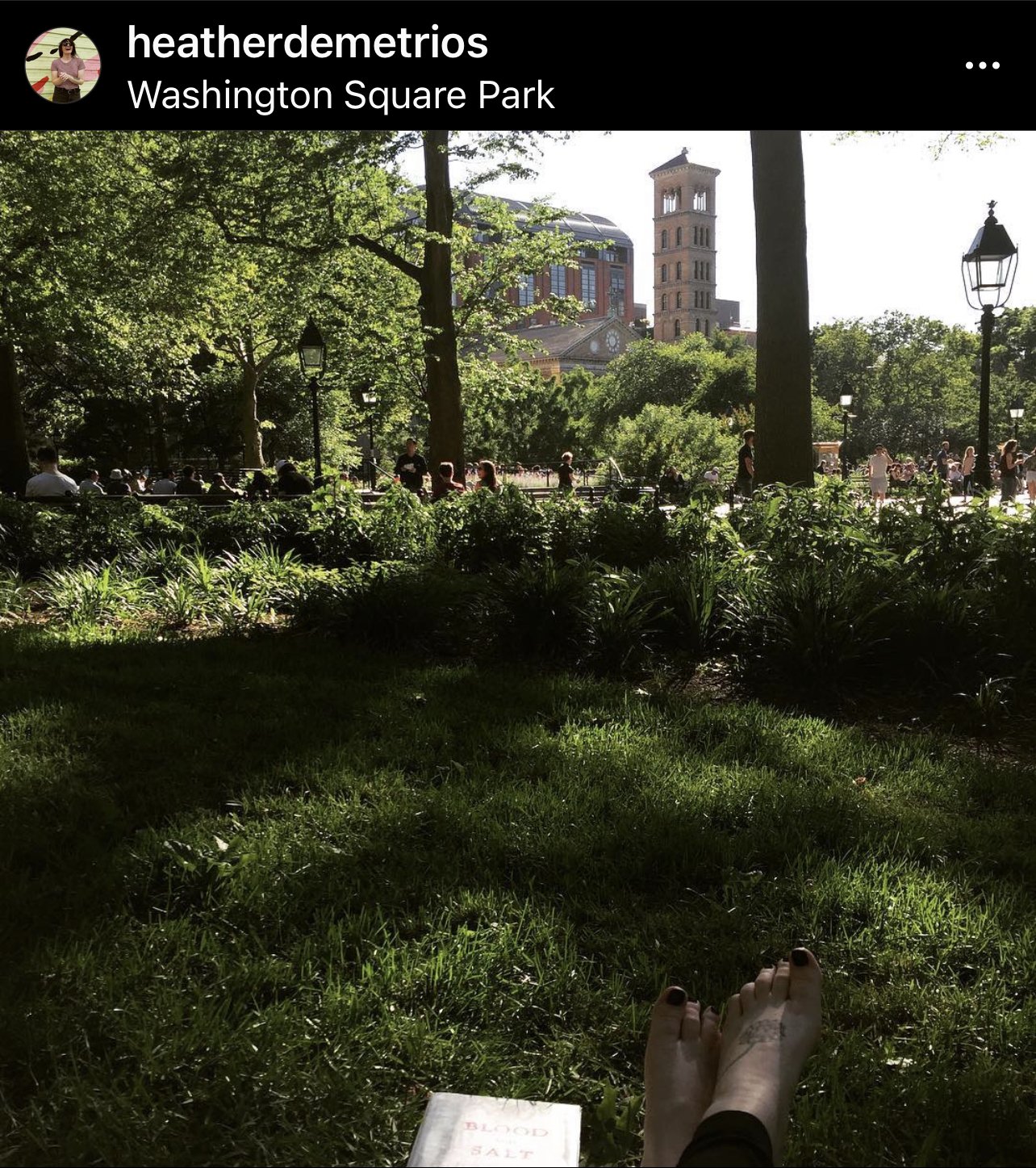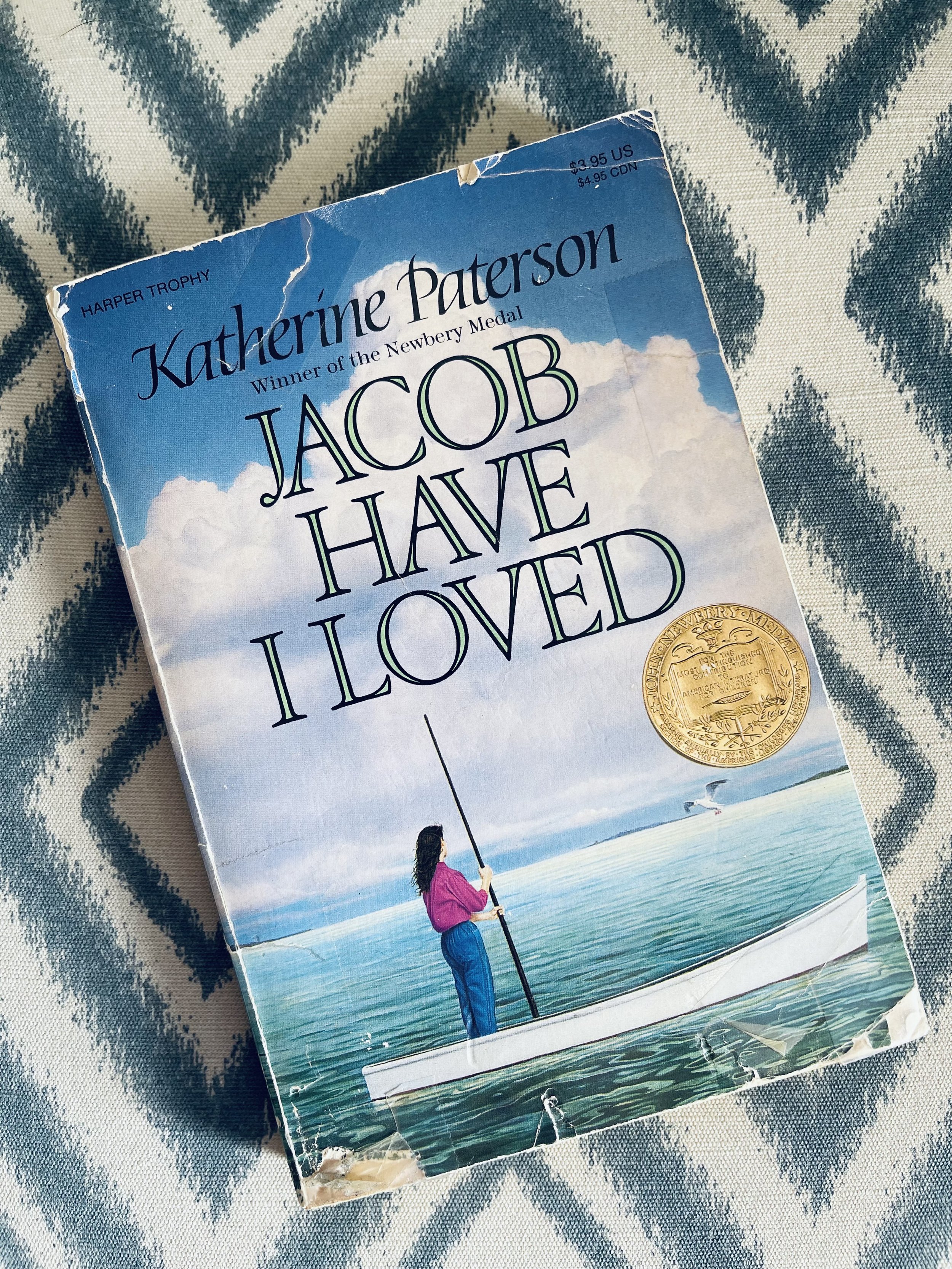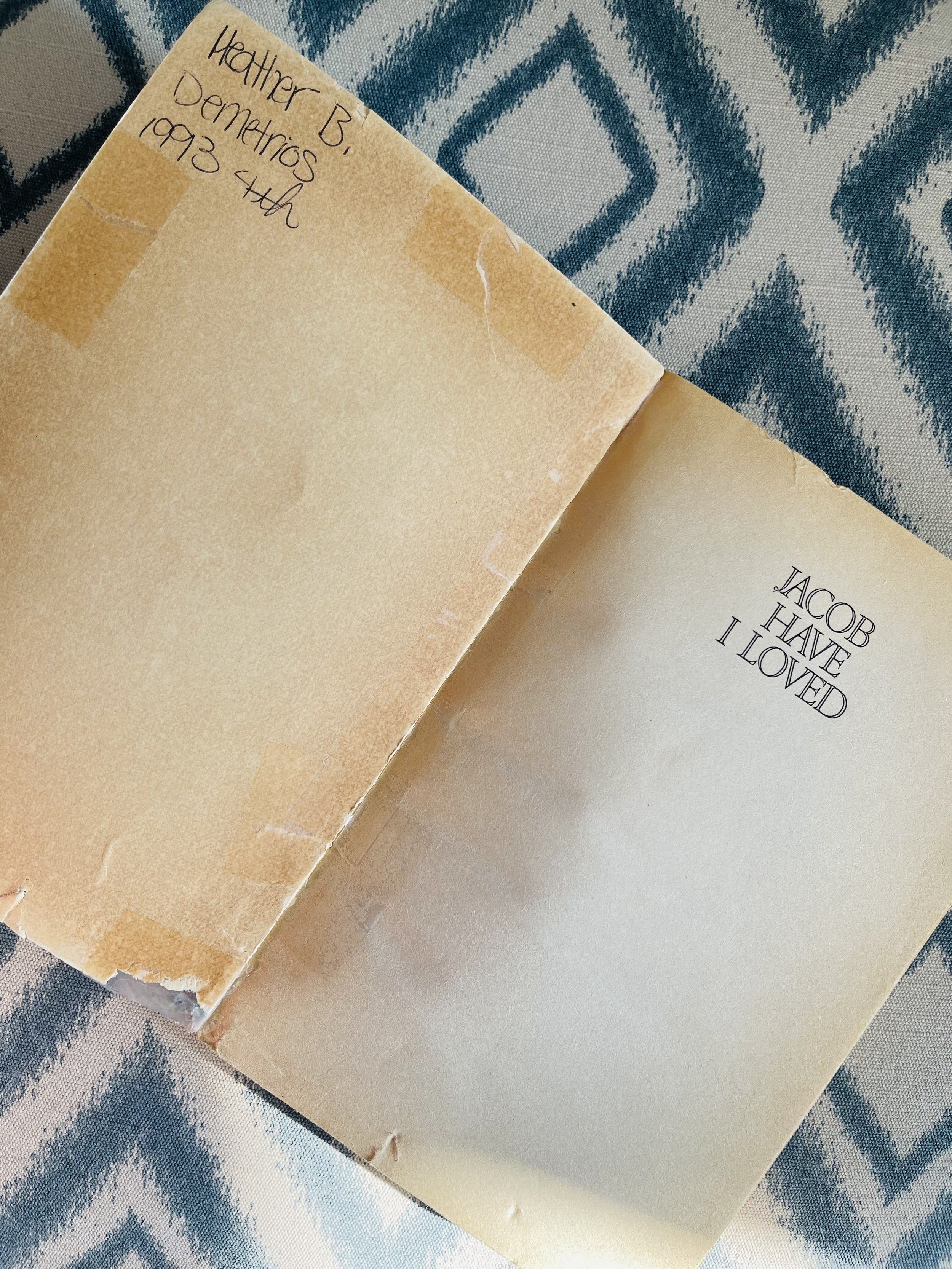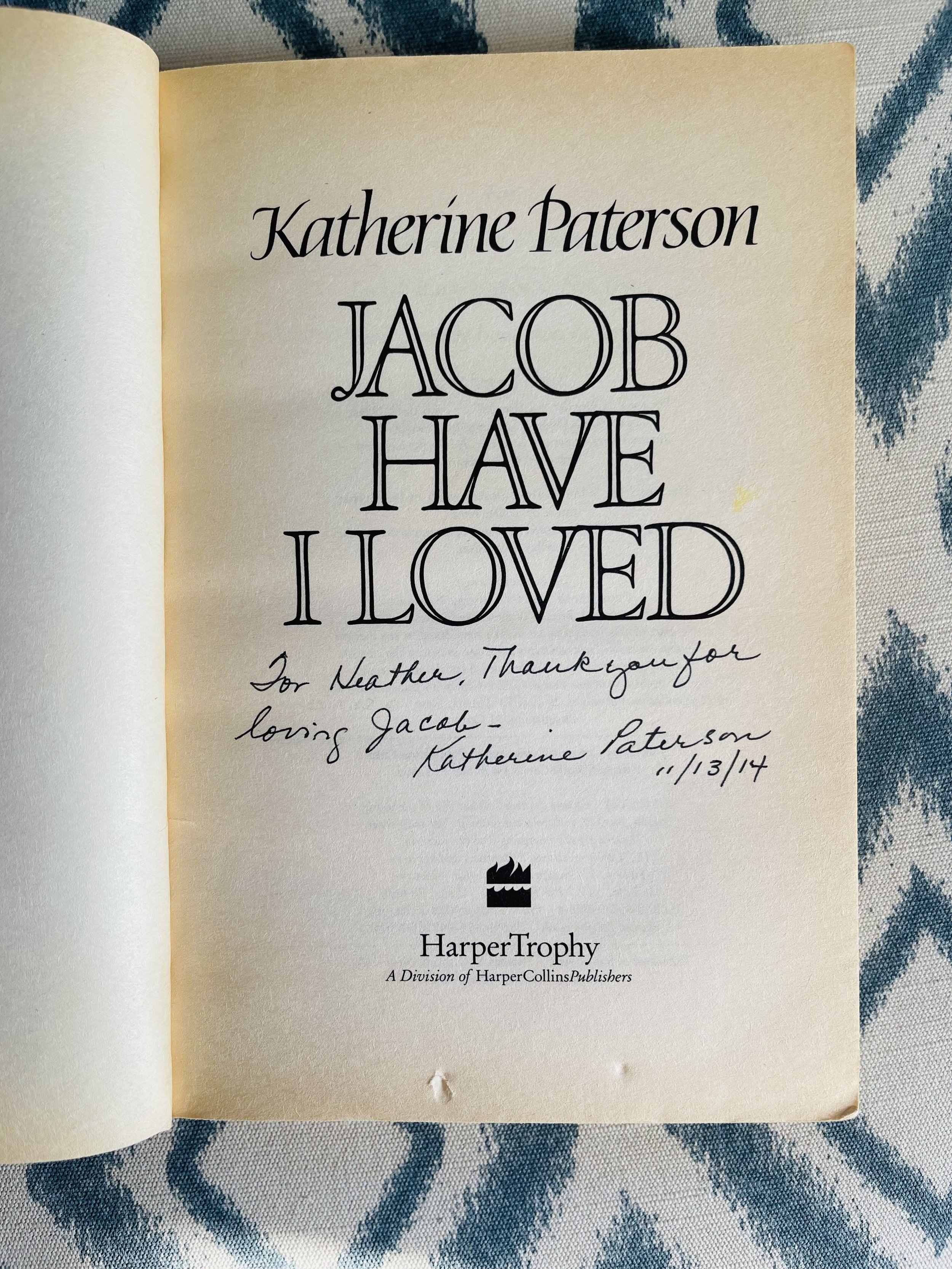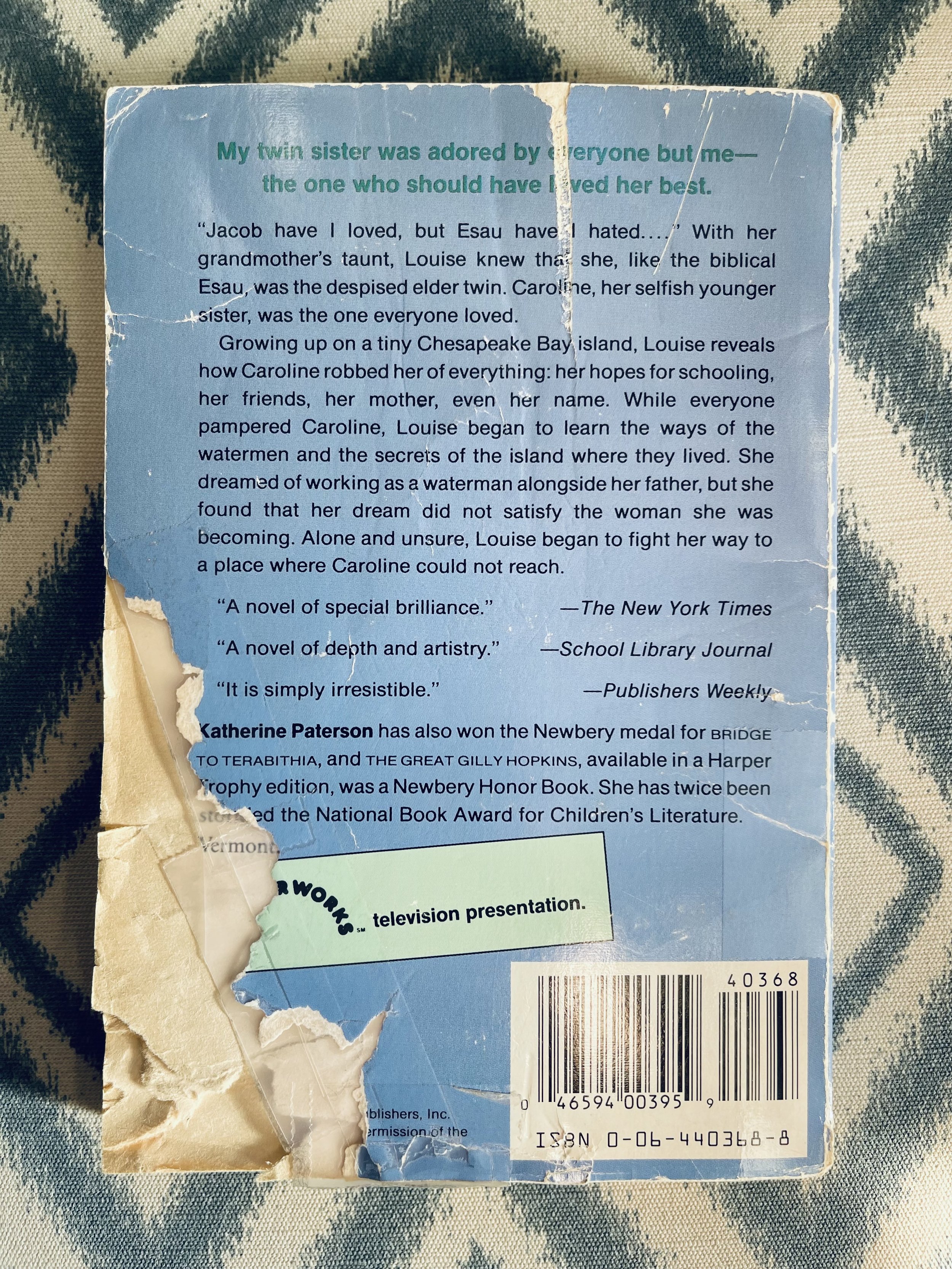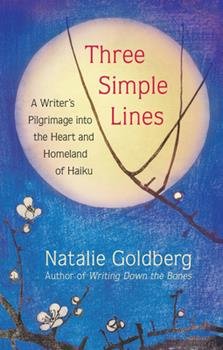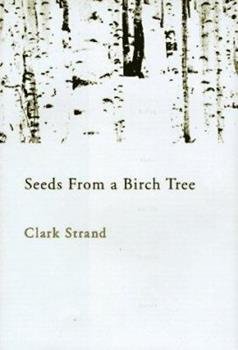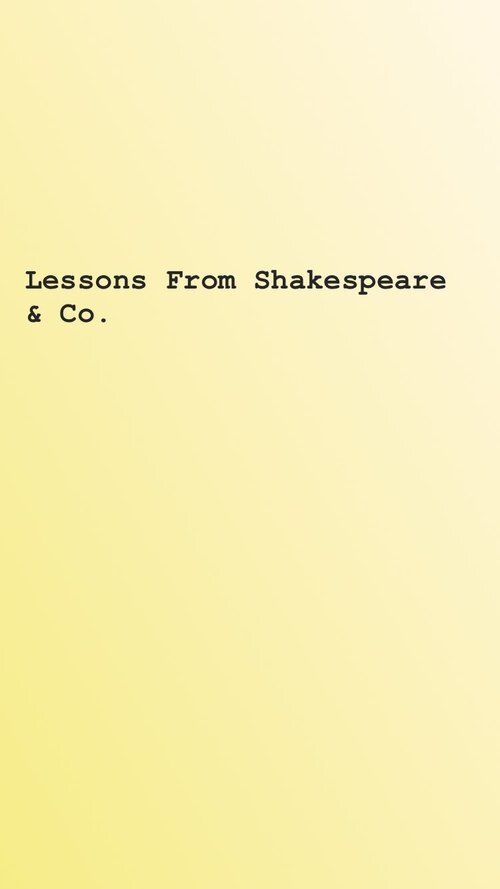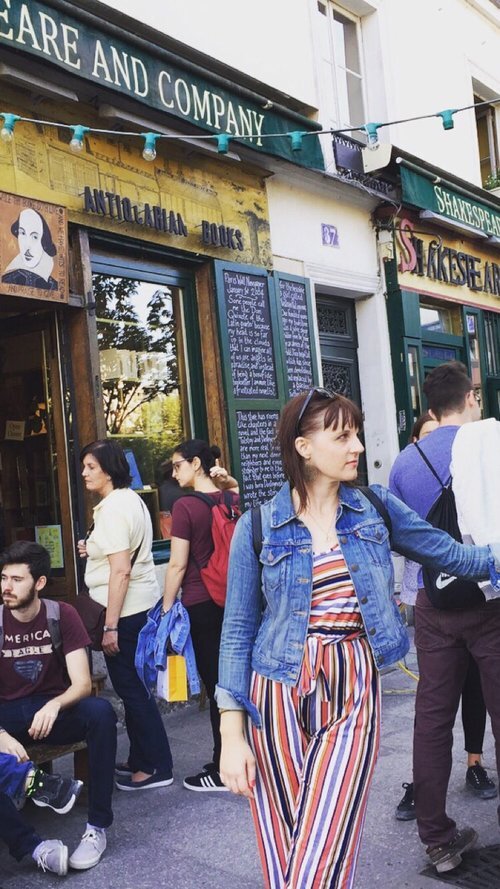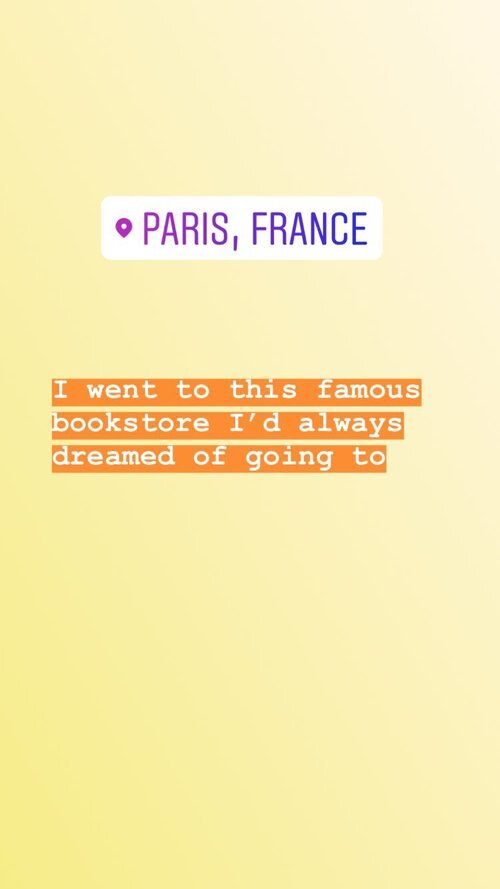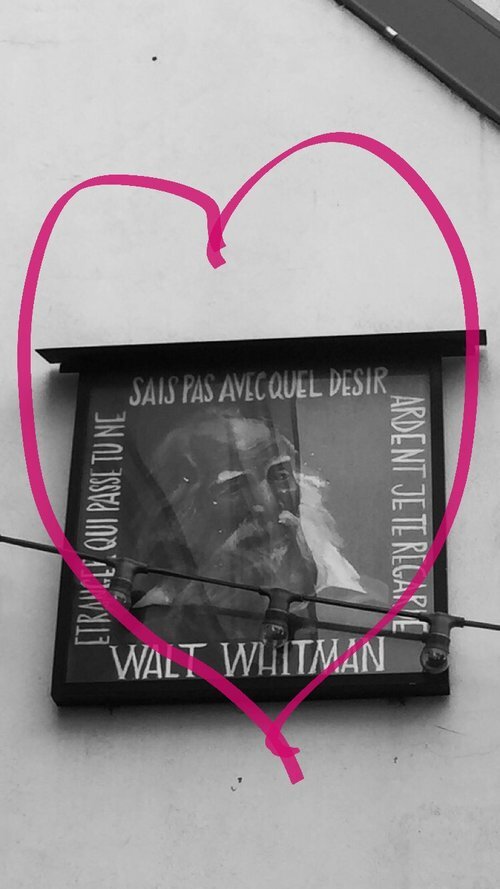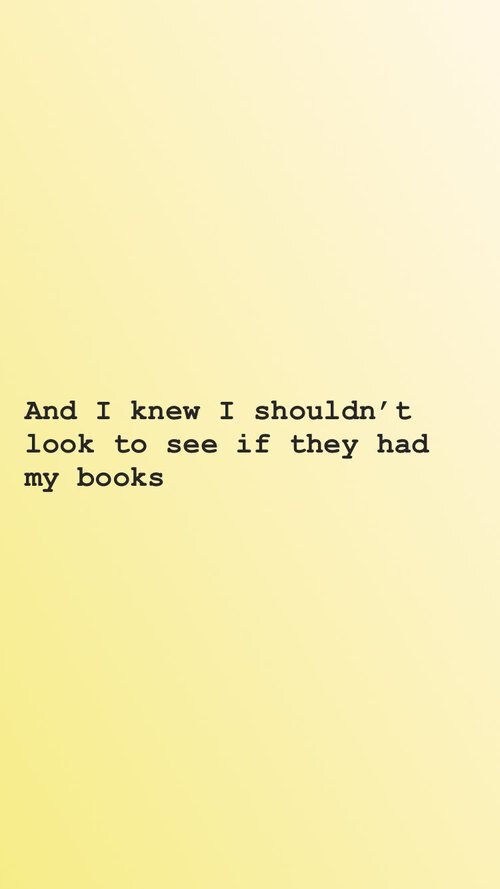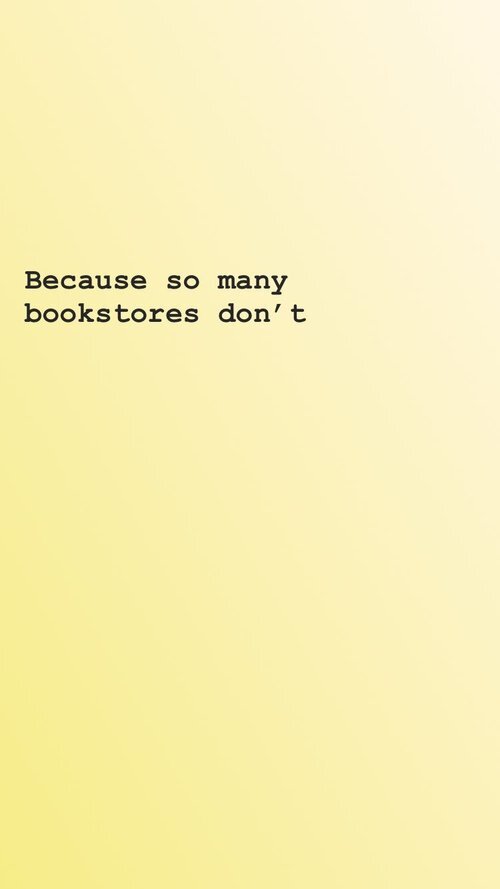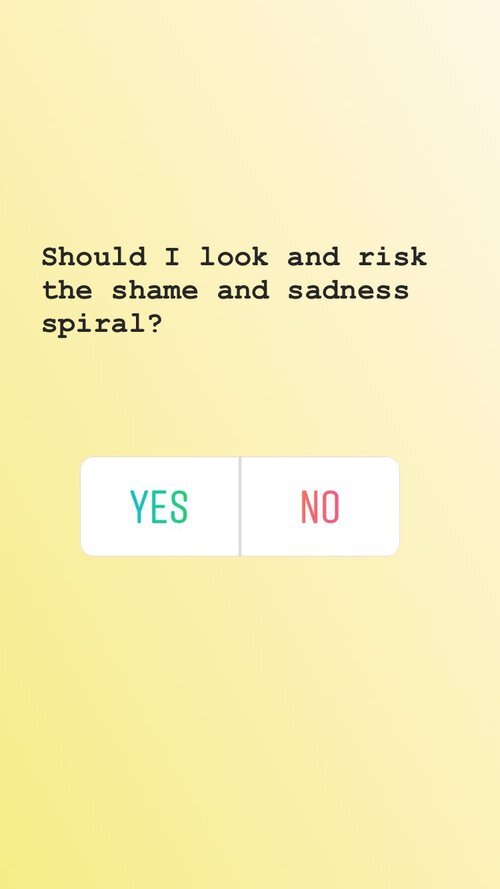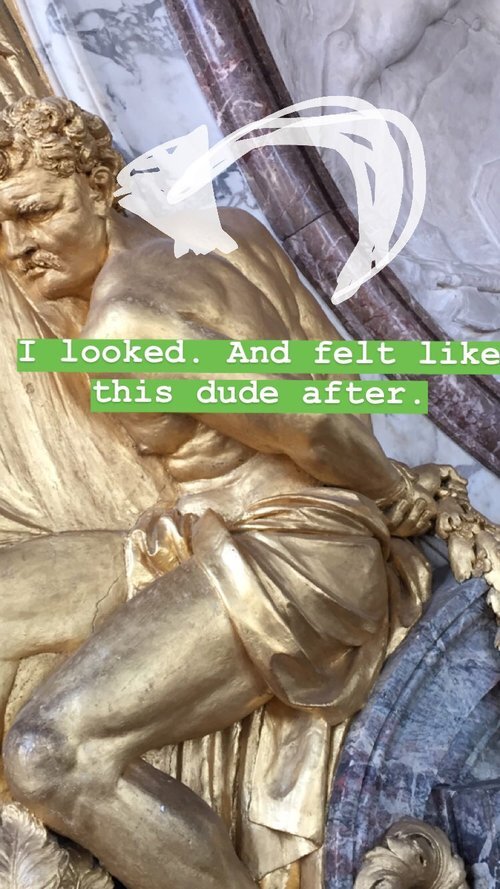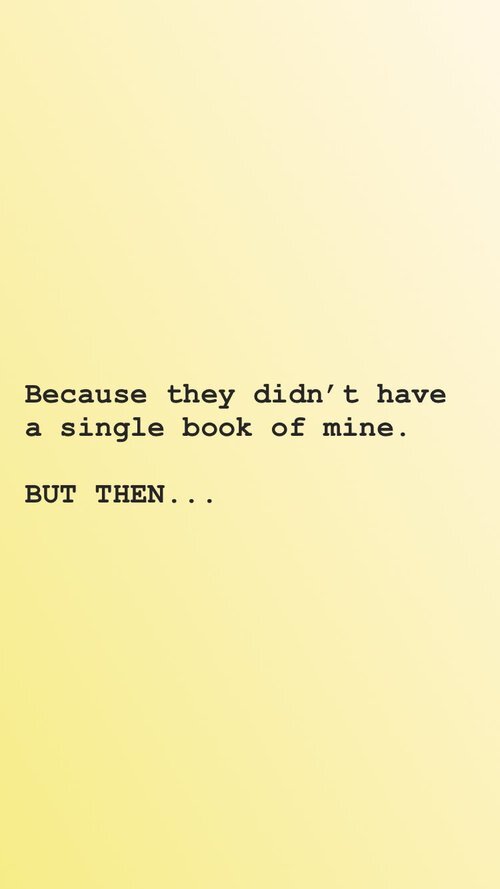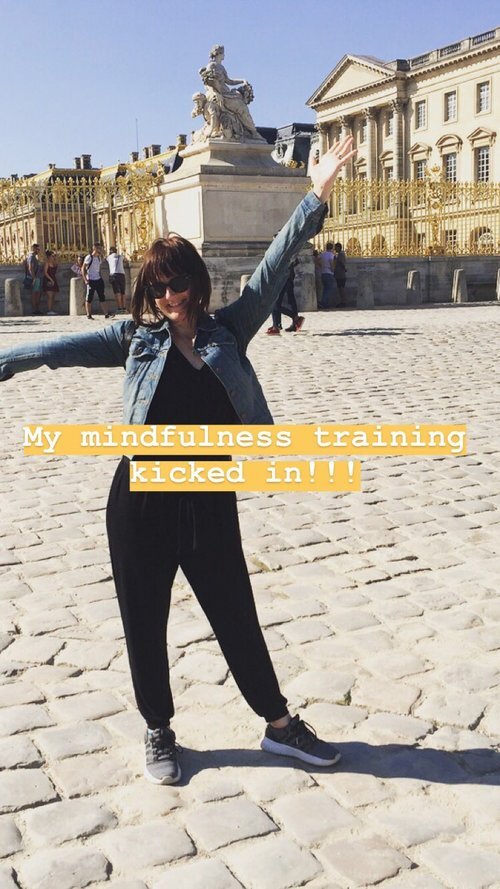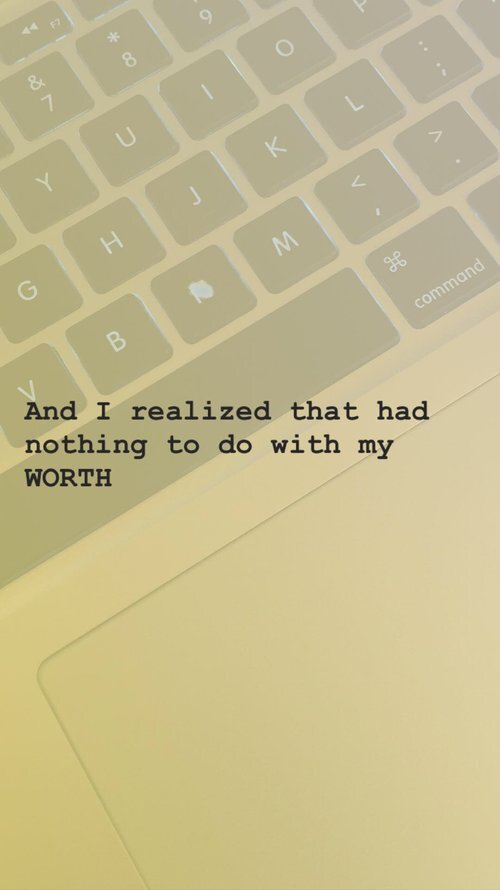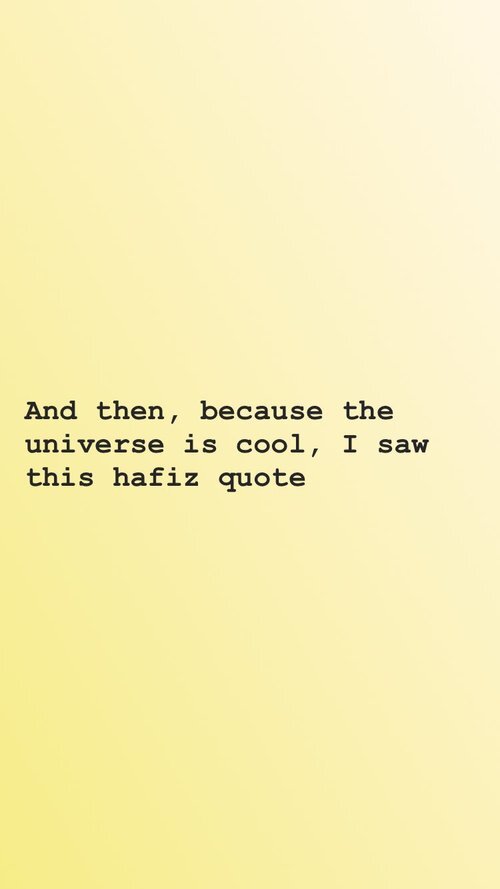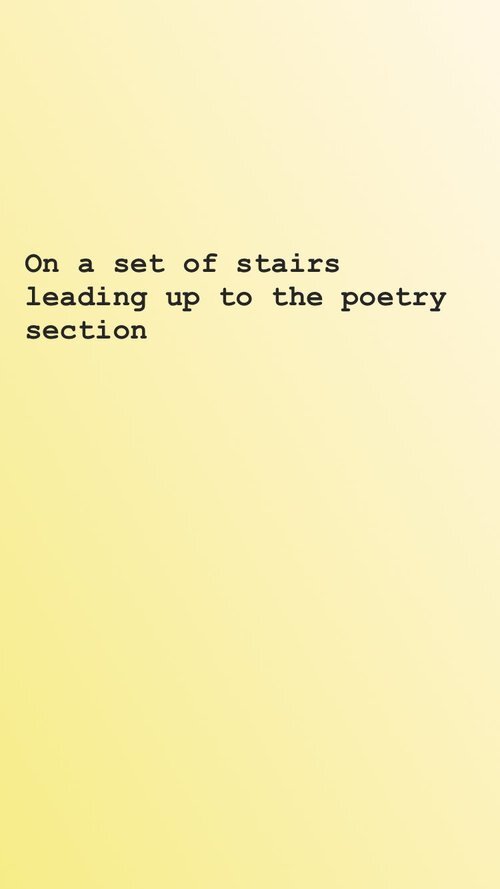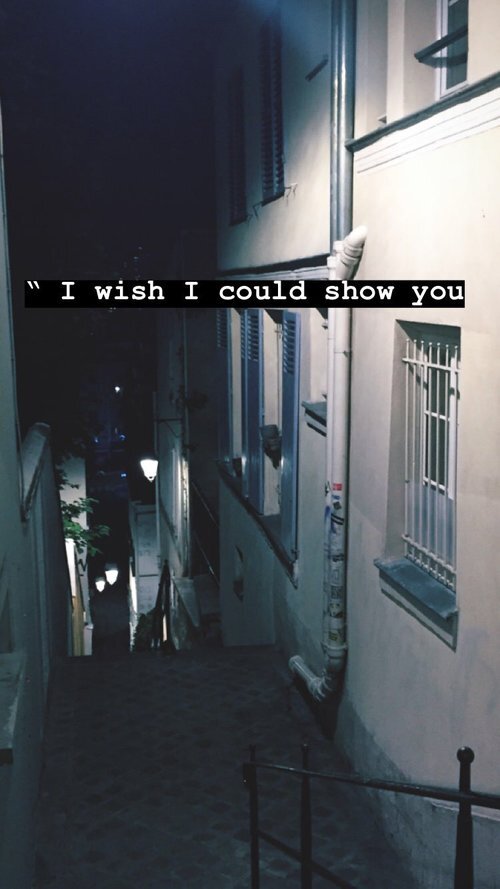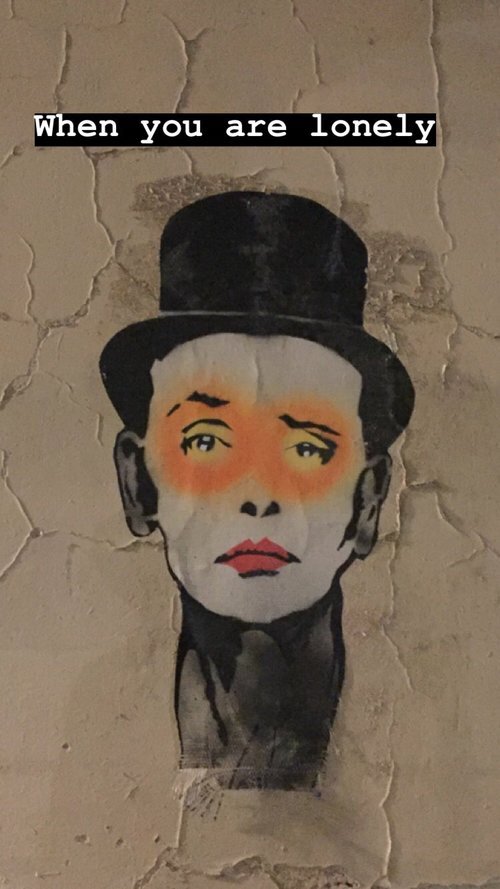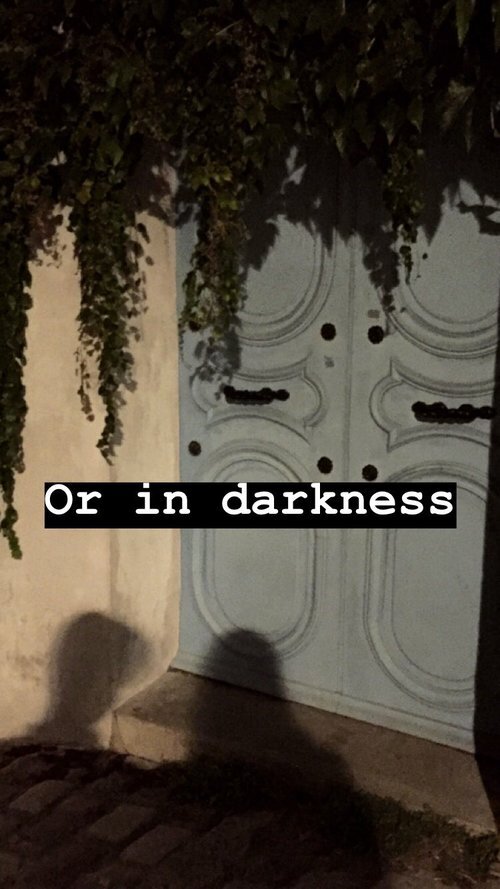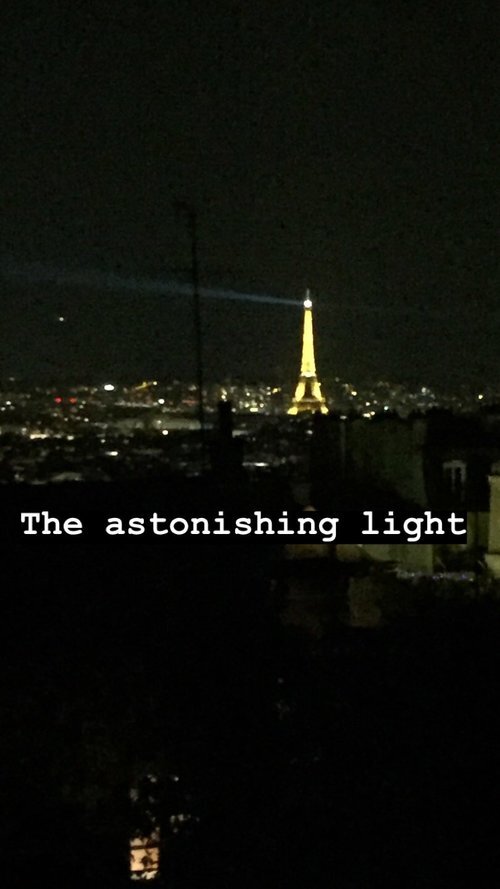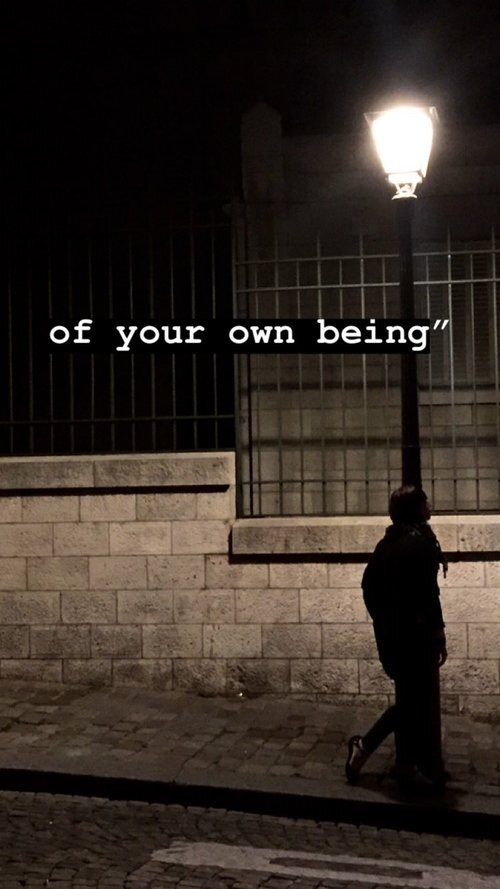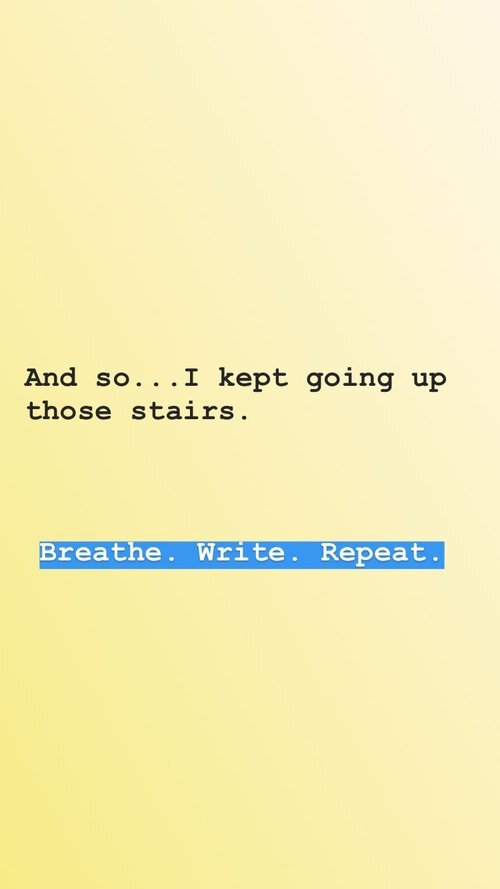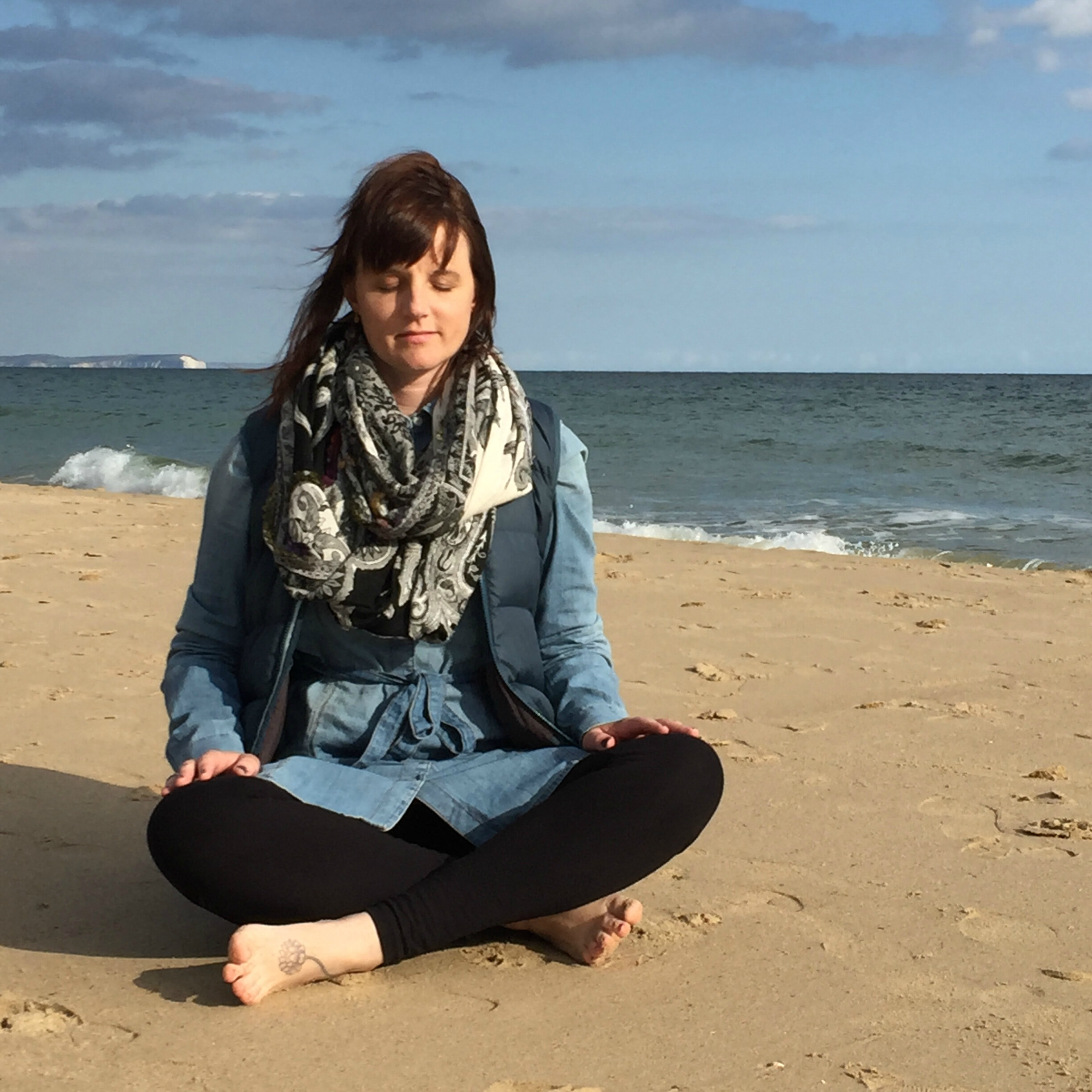This post was originally written in March 30, 2017. I’ve re-posted this with some fresh insights at the end.
A Writer’s Creative Dry Season
For the past year, I’ve been going through a transition, floating in a space between. It’s been three years since my first book came out. There was the before publication life, when I’d yet to sell a book and was dreaming hard. Then there was the after, where I struggled to learn the ropes of being a published author, yet still managed to write and sell one to two books a year, hustling like a mother. During that time there were aborted projects and disappointments, but I focused laser-like attention on my work and career, with little time for much else. Sometimes that paid off, and sometimes it didn’t. One thing it resulted in was a near-breakdown, spiritual and creative depletion, and an increasing existential dread that followed me around to the point where I felt like Edward Snowden, always looking over my shoulder.
This was unsustainable. A life of waiting for the other shoe to drop is not a good life. And a writer who doesn’t write, or who writes but finds no joy in it, does not a happy writer make. It also, incidentally, makes it hard to sell more books. The nervy you feel about a project somehow winds itself through the text, an X factor that makes or breaks a book. My books were breaking. I was breaking. So began my year of transition, which began in July 2016, an awakening of sorts that’s still very much in progress. This wasn’t intentional, not something I planned as a great experiment. It just sort of happened. Out of necessity and desperation and a nameless need.
A Year Of Transition
This year of transition actually started in Spring 2016, though I had no idea that this was what was happening. I started devouring books like I used to, back when I wasn’t writing three of them at a time. I literally bought and read every single JoJo Moyes book I could find (okay, I’ve saved a couple because it’s too depressing, a life without a JoJo book to look forward to), after discovering Me Before You on a Barnes and Noble table. I was working—I had revisions and copyedits and submissions. But when I sent in the last thing that was due, in mid-June, I unwittingly gave myself a for-real break. It was on accident—I didn’t realize I was taking a break until the month of July passed with me having written only a handful of words, most of them non-fiction. I got ideas, I threw ideas away—I briefly considered learning Russian and moving to Moscow.
The bulk of my writing was for a residency application I never sent in, as well as the occasional blog post or lengthy email. I began meditating, reconnected with my spiritual side, read lots of books, treated myself to copies of Vogue, discovered the delights of the French 75 cocktail, and took a poetry class. I basked in sunshine and visited with friends and family. There were still stressful writerly moments: two rewrites gone bad, dismal royalty statements. But for the first time in years, writing was not the most important thing. The most important thing was me. It was as though my soul had given me one of those piercing looks and said, My dear, you are the canvas.
Eureka!
I followed my curiosity, each urge a trail of will-o’-the-wisps that led me deeper into my inner landscape, with its turbulent sea, floating glaciers, and craggy mountains set against endless dunes (yes, somehow my innards resemble Morocco, Ireland, and Iceland).
In Big Magic, Elizabeth Gilbert says: I believe that curiosity is the secret. Curiosity is the truth and the way of creative living. She’s absolutely right.
I found such joy poking around in New Age stores and going down the Wiki hole of Romanov research and planning a trip to Prague. I delighted in the plethora of self-help books I kept hearing about, got into essential oils, and finally took a Pilates class. I bought strange rings and drank beer and even started liking kale. I got a Reiki treatment and bought my first deck of Tarot cards and I campaigned for Hillary Clinton. I bought a Nasty Woman shirt and protested with thousands of women all over the world, reigniting that little Marxist-Anarchist activist that has been hiding inside me since the Bush years. I made a few big life decisions, some quite seismic, some still in progress. I grieved, felt confusion, wonder, awe, gratitude, love, solidarity, despair.
I probably drank more wine after November 8th than in the rest of my life combined. I cooked my first steak. I began living according to these wise words from Elsie De Wolfe: I am going to make everything around me beautiful. That will be my life. Fresh flowers scattered about the house. Crystals lined up on windowsills. A skirt with red roses splashed across the fabric. I see the changes that all this adventuring has wrought everywhere: in my home, my body, my mind, my spirit. And yet, the writing will not budge.
I am still trekking up a damnably high mountain, hoping to reach a summit and praying there’s a nice little valley on the other side of it, with cool spring water and long, fragrant grass I can lie in when I look at the stars. Alas, creativity is uncharted territory—ever ineffable, a tricksy landscape complete with quicksand, dark forests, and, well, you get the metaphor. I confess, there have been a few occasions in which I actually uttered the phrase, Why am I doing this? Or I don’t want to be a writer anymore. I’m not sure if I meant it or not. I suspect maybe I did. It sounds ever so wonderful to leave work at work, to have boundaries between oneself and what one does for a living, to not be in constant artistic torture.
The election and its aftermath was a huge blow that I’m still recovering from. I don’t think I realized how much it affected my ability to be creative until quite recently, when I realized I have to rewrite a boggart of a book I’m working on for the third time. I cannot overstate how unlike me this is. I’ve never spent two years after selling a book trying to rewrite it. It’s madness. Maddening. But when I began to connect the dots, I could see that the bulk of the problem began in the beginning of 2016—a coincidence? I think not. As I said in an email to the book’s editor: I’m sorry for being the world’s shittiest writer. I blame Trump.
I blamed my mental health and my infernal inability to understand how time works. I blamed New York City for being so goddamn expensive and loud and distracting and fabulous. I also blamed myself, for not taking my own good advice that I give to my clients and that I myself know works. I only give advice when I’ve learned something (usually the hard way), when I know that something is tried and true. As a creativity coach, I tell my clients that each book is a different beast, and that’s true. And also that writing is a marathon (not a sprint), that you will never be a master, that you will always be learning, and that you should trust the process: the not knowing, the frustration—these are just hazards of the job and an essential part of the process. But each time I find myself uncertain creatively, these lessons are hard to remember. A girl has to eat, you know.
Mindfulness For Writers
One thing my meditation teachers like to talk about is the space between breaths. In mindfulness meditation, you focus on the inhale and exhale, using it to anchor your mind in the present. Between each round of inhalation and exhalation, there is a pocket of pure being, where your body has a moment to bask in its existence, where nothing is required of it. It can’t last very long because your lungs need air, but for just a sliver of time, you are infinite. Free-floating. This is also a space for transition, much shorter than my year of transition, but equally powerful. You can discover things there, though it may take you years, or even a lifetime to figure out. You might even see what you’re made of.
This is an essential part of the meditation process. These pockets of no-breath are not simply a bridge between breaths, links on the path to nirvana. They are teaching moments, rich in the kind of knowledge that lives deep in your bones. And this is where meditation for anyone becomes meditation and mindfulness for writers. These transitions in meditation practice are similar to the transitions in an artist’s life.
Transitions In The Artist’s Life
The space between projects, between ideas, between inspiration and creative wastelands—this is, paradoxically, where the good stuff lives. Transitions are opportunities to grow, to heal, and to change. They give you space (whether you want it to not) to reassess your work, your craft, your goals. These sometimes involve dark nights of the soul, real reckonings that bring who you are and why you do what you do into sharp focus. Sometimes you won’t like what you see.
Transitions, from an artistic point of view, are absolutely necessary. Think about the period when Bowie fled to Berlin, intent on getting clean and reconnecting to his art. He called his cocaine years in Los Angeles, where he embodied the Thin White Duke persona, “the darkest days of my life.” Despite being a rock star, he was going broke and Berlin, at the time, was a cheap place to live while he was in recovery. In Europe, he began visiting galleries, working on self-care through literature and classical music education, and, of course, kicking his cocaine habit and exploring Berlin’s music scene. His roommate was Iggy Pop, and I like to imagine them sitting around late at night, trading notes and blowing each other’s minds. What resulted was the Berlin trilogy, a rich artistic period and a turning point in his life.
Of course, not all transitions need to be so dramatic, and I’m still trying to figure out what this one means for me. When I look back, what will I call this year (or, God forbid, years)? Will I look on it fondly, or shudder, grateful that it’s over? I can’t imagine not being thankful for it. Already, I’m seeing my interests in what I want to write expand in unexpected ways. Adult fiction, young adult nonfiction, historical. I’m not quite sure where I’ll land. I’m getting ideas, but am wary of investing too much in anything. I think I’m still getting my sea legs.
Self Care For Creatives
Meditation, exercise, and healthy eating habits are helping. As is travel and working with my clients, who inspire me every day. I’m taking lots of notes because I suspect that as much as I’m learning right now about what it means to be an artist in transition, I suspect there’s even more to glean from this time later, when I can see how all the dots connected.
Being a creative doesn’t suit our modern world, not if you’re an Artist with a capital A. Because art needs quiet, time, space, privacy. All things that are hard to come by these days, especially in Brooklyn. I stopped using my private Facebook account, rarely leave the apartment, and turn a deaf ear to industry chatter. It’s been a long time since I finished a project. Everything I’m working on is in a different stage and often ends up being cast aside or totally reworked. So of course the age old question of how to make a living as an artist rears its ugly head. If you aren’t producing, you aren’t getting paid. So while artistic explorations sound great on paper, in reality, it’s the paper itself you start worrying about.
The Balancing Act of Livelihood
It’s becoming increasingly hard for artists to make a living—just take a look at Trump’s budget proposal, with threatens to cut the NEA out of existence. It’s especially difficult for writers because of the plethora of content out there. Jesus, how many blogs and websites and articles can exist? With newspapers and magazines folding left and right, writers are forced to make some pretty tough choices. These concerns are ever present, and they will be for the foreseeable future.
Of course, being an artist has always involved financial acrobatics. Chekhov paid the bills through a medical practice, and Tolstoy had to self-publish War and Peace. I’m in good company. I’ve very much begun to appreciate Elizabeth Gilbert’s words in Big Magic about how your job as an artist is to take care of your creativity, not the other way around. It’s been interesting, cobbling together an income that all leads back to writing, but isn’t necessarily writing.
Teaching and coaching and editing allows me to talk about what I love—writing, the artistic process, and creative living—and to help my fellow writers on their own journeys. It also gives me the chance to take care of my writing, rather than requiring it to pay all the bills. I’m already seeing the seeds I’m planting blossoming. For the first time in a long time, I’m allowing myself to consider alternative ways of living and alternative approaches to my writing. Maybe I don’t publish a book every year. Maybe I don’t only write in YA. Maybe I play a whole lot more in my creative process. Maybe I take time to take care of myself.
The journey continues, endless and exciting and horrible and wonderful, an adventure I’m honored to have. I take a breath, exhale, and rest in the transition, looking forward to whatever comes next.
No Mud, No Lotus
Editor’s Note: September 29, 2020
It’s been over three years since I wrote this post, and the joy of it is seeing all the ways that period led me to where I am now, with projects I’m incredibly excited about and having published work I never knew I would have. That woman ended up living abroad for a year, coming back, changing course again and again, proving the point that we never really arrive. We just keep our eyes on that North Star.
I’m grateful that I was able to lean into the discomfort (then and now) and then when I was writing in spring 2017 didn’t see how bad things would get in these Trump years. I see all this pain I experienced then, and the frustrations about making a living as a writer that I still have in my post that went viral around this time last year. I certainly never could have foreseen that.
I’m thrilled that Heather did follow her curiosity and write that nonfiction she was curious about (Code Name Badass, coming out in September 2021). That she’s working on an adult novel, and is discovering new ways to be in this world.
The COVID-19 pandemic and the Trump presidency, as well as the 2020 presidential election, has asked me to take a good look once again and where I’m at and where I want to be. Who I want to be, and how I want to show up for my fellow humans.
It’s been challenging to navigate balancing the uncertainty of a creative’s livelihood with a world that feels more uncertain than ever. To work with so much individual and collective emotional turmoil. To keep the metaphoric - and literal - lights on.
It’s tough right now. Understatement of the year. But here’s the thing: reading this post I’d written in Spring 2017 has shown me that I am capable of weathering the storms. That even at times when my creativity felt imperiled, I am not seeing the fruits of that labor of love toward myself, my curiosity, and my work. Proof pudding.
As Thich Nhat Hanh says, “No mud, not lotus.”
And so:
The space between breaths has become ever richer and each transition is an invitation to being right here, right now, working with what is on offer and letting all of it be fertile soil for my creativity.
I’m here for it.
Come what may.







